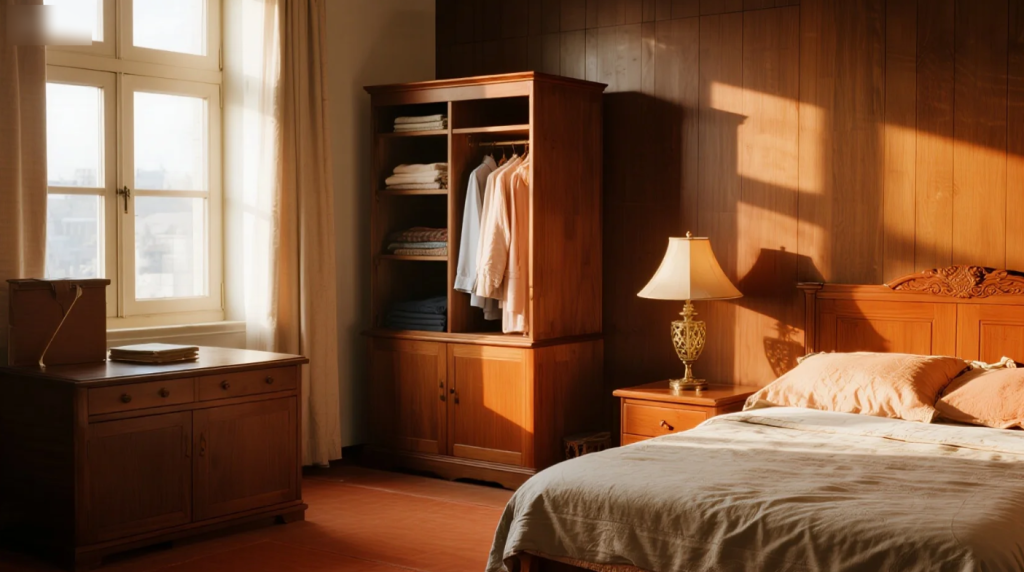Welcome to the ultimate guide on feng shui bed placement! Whether you’re a feng shui enthusiast or just looking to optimize your bedroom for better energy flow, this article will provide you with all the essential tips and tricks. Feng shui is an ancient Chinese practice that focuses on arranging your environment to promote positive energy, harmony, and well-being. One of the most critical aspects of feng shui is the placement of your bed, as it directly impacts your sleep quality, health, and overall life energy.

Why Feng Shui Bed Placement Matters
Your bedroom is a sanctuary where you rest and recharge. According to feng shui principles, the way you arrange your bedroom can significantly affect your energy levels, relationships, and overall well-being. The bed, being the largest and most used piece of furniture in the bedroom, plays a crucial role in this arrangement. Proper bed placement can enhance positive energy flow, while improper placement can lead to negative energy, restlessness, and even health issues.
Key Principles of Feng Shui Bed Placement
1. The Commanding Position
One of the most important principles in feng shui is the “commanding position.” This means placing your bed in a position where you can see the door from your bed but are not directly in line with it. This position gives you a sense of security and control over your environment. Avoid placing your bed directly opposite the door, as this is considered the “coffin position” and can lead to feelings of vulnerability.
2. Avoiding “Poison Arrows”
In feng shui, “poison arrows” refer to sharp angles or objects that point directly at you, which can create negative energy. Avoid placing your bed under a beam, near a window, or directly in the path of a door. If you cannot avoid these situations, use feng shui remedies like crystals, mirrors, or plants to deflect the negative energy.
3. Headboard Support
A solid headboard provides a sense of support and stability. Opt for a headboard made of wood or upholstered material, as these materials are considered more grounding and supportive. Avoid glass or metal headboards, as they can create a sense of instability.
4. Bed Direction
The direction your bed faces can also impact your energy. According to feng shui, the best directions for your bed are based on your personal Kua number, which is calculated based on your birth year. Generally, facing north or south is considered auspicious, while facing east or west can be less favorable. However, this can vary based on individual circumstances.
Practical Tips for Feng Shui Bed Placement
1. Use the Bagua Map
The Bagua map is a feng shui tool that helps you identify the different energy areas in your bedroom. Place the map over a floor plan of your bedroom and identify the areas that correspond to different aspects of your life, such as wealth, health, and relationships. Ensure that your bed is placed in a way that enhances the positive energy in these areas.
2. Optimize Your Bedroom Layout
When arranging your bedroom, consider the flow of energy. Avoid clutter and ensure that there is a clear path to and from your bed. Use symmetrical arrangements and avoid placing furniture in a way that blocks natural light or air flow.
3. Choose the Right Colors and Materials
Colors and materials play a significant role in feng shui. Opt for calming colors like soft blues, greens, and neutrals, which promote relaxation and well-being. Avoid bright or harsh colors, as they can create a sense of restlessness. Use natural materials like wood, cotton, and wool, which are grounding and supportive.
4. Incorporate Plants and Crystals
Plants and crystals are excellent feng shui remedies. Plants like snake plants, jade plants, and lucky bamboo are known for their positive energy and can help purify the air. Crystals like amethyst and rose quartz can enhance positive energy and promote relaxation.
Common Feng Shui Bed Placement Mistakes to Avoid
1. Bed Under a Window
Placing your bed directly under a window can lead to feelings of insecurity and restlessness. If possible, move your bed away from the window. If this is not feasible, use heavy curtains or a bed canopy to create a sense of protection.
2. Mirrors Facing the Bed
Mirrors are considered powerful reflectors of energy. Avoid placing mirrors directly opposite your bed, as they can disrupt your sleep and create a sense of unease. If you have a mirror in your bedroom, position it in a way that it does not reflect the bed.
3. Clutter Under the Bed
Clutter under the bed can create a sense of stagnation and negative energy. Keep the space under your bed clear and use storage solutions like under-bed drawers or bins to keep items organized.
4. Irregular Bed Shapes
Avoid beds with irregular shapes or sharp angles, as these can create “poison arrows.” Opt for beds with rounded corners and symmetrical shapes, which promote positive energy flow.
Conclusion
Feng shui bed placement is an essential aspect of creating a harmonious and balanced bedroom environment. By following the principles outlined in this guide, you can optimize your bedroom for better energy flow, improved sleep quality, and overall well-being. Remember, feng shui is not just about following rules but also about creating a space that feels comfortable and supportive to you. Experiment with different arrangements and remedies to find what works best for you.
If you have any questions or need further guidance, feel free to reach out. Happy feng shui-ing!
